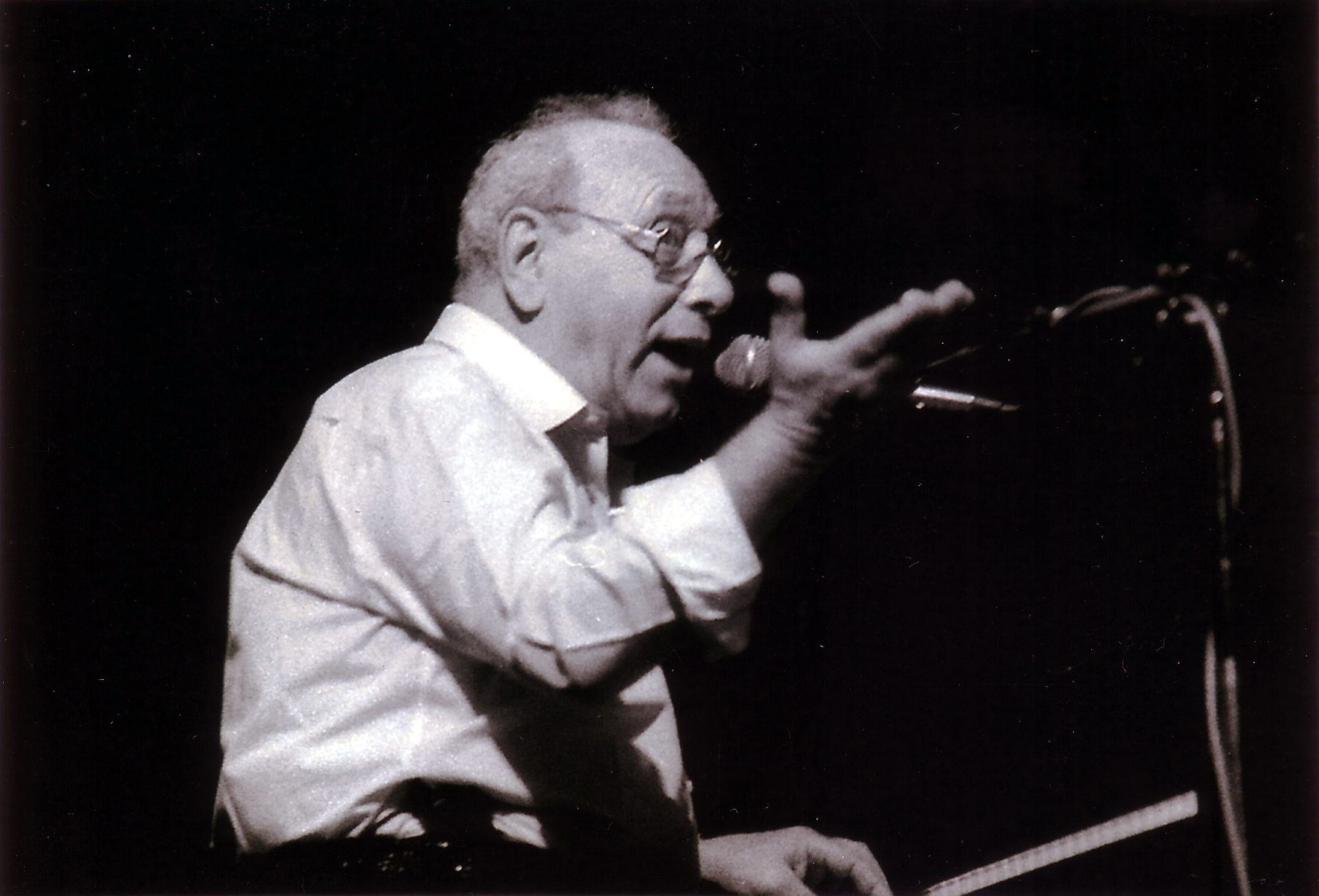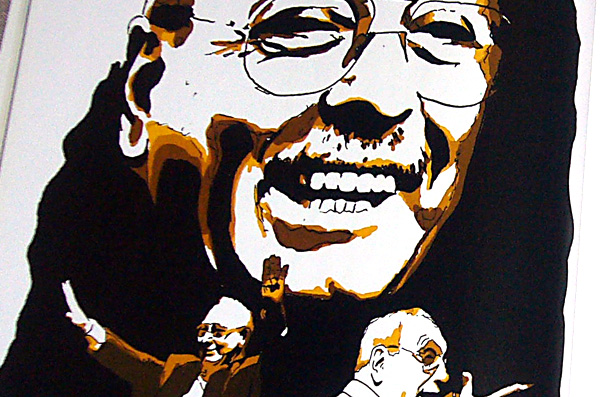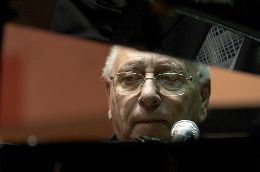
Jack Baxter from New York and Joshua Faudem from Jerusalem are survivors of a suicide terrorist attack. Now, thirteen years later, they are going on a cinematic journey around the world to Muslim communities to discover the voices of the tolerant majority. They believe the Muslims and non-Muslims they meet can be inspired by “The Last Sermon” of Prophet Muhammad (PBUH), delivered three months before his death in 632 C.E. –
“Behold! All of the practices done in the Days of Ignorance are now under my feet…There is no superiority of an Arab over a non-Arab or of a non-Arab over an Arab or of a White over a Black or of a Black over a White, except by righteousness and piety.” 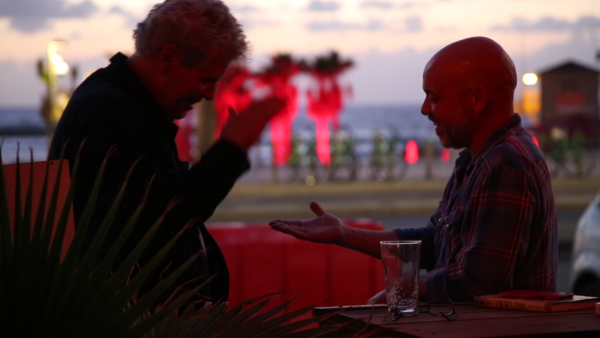
In April of 2003, Jack Baxter and Joshua Faudem were filming a documentary about Mike’s Place in Tel Aviv, a live-music blues bar where Israelis, Arabs, Europeans and Americans mixed and spent time together. One night, an Al Qaeda-linked British terrorist blew himself up at Mike’s Place, killing three people and injuring dozens more. Jack suffered severe wounds; Joshua continued to film, capturing the horrendous scene as it unfolded.
Now, 13 years after the attack, they are filming The Last Sermon. Jack Baxter and Joshua Faudem are determined to discover and showcase the myriad aspects of Islam and its true believers. They are traveling to Muslim communities around the globe; looking for artists, reformers, activists, community leaders – and dedicated fundamentalists. Their cameras are focused on surprising, unfamiliar characters audiences have never seen on screen before.
The Last Sermon of Prophet Muhammad (PBUH) can change perceptions, and inspire Muslim and non-Muslim alike:
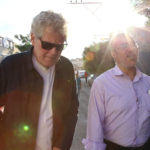 “Behold! All of the practices done in the Days of Ignorance are now under my feet. There is no superiority of an Arab over a non-Arab or of a non-Arab over an Arab or of a White over a Black or of a Black over a White, except by righteousness and piety.”
“Behold! All of the practices done in the Days of Ignorance are now under my feet. There is no superiority of an Arab over a non-Arab or of a non-Arab over an Arab or of a White over a Black or of a Black over a White, except by righteousness and piety.”
The Last Sermon is the equivalent of The Golden Rule: Love Your Neighbor As You Love Yourself. Prophet Muhammad’s final public words are a call to unite and speak out against the extremist violence that threatens the possibility of a peaceful future. Jack and Joshua’s lives were changed by terrorism – by individuals who professed Islam as their religion, and who believed their martyrdom mission was a blessing. The filmmakers not only hope to find their own answers and closure – they want to complete the kind of film they were trying to make thirteen years ago.
The journey begins in the United Kingdom. Jack and Joshua’s first stop is London’s Finsbury Mosque, where the Mike’s Place terrorists once worshipped. They continue their cinematic journey across Europe, a continent challenged with waves of refugees, then on to the Middle East and beyond.
The representation of Islam is vital in changing opinions based on incomplete information and facts. Our plan is to present new and different individuals, and not just official spokespersons. Non-Muslim audiences will be exposed to a deeper insight into Muslim communities that are neither violent nor radical, providing an alternative, three-dimensional approach.
The boldness of our vision, the true-life experiences of the filmmakers, and the professionalism of our production ensures The Last Sermon will be a compelling film.
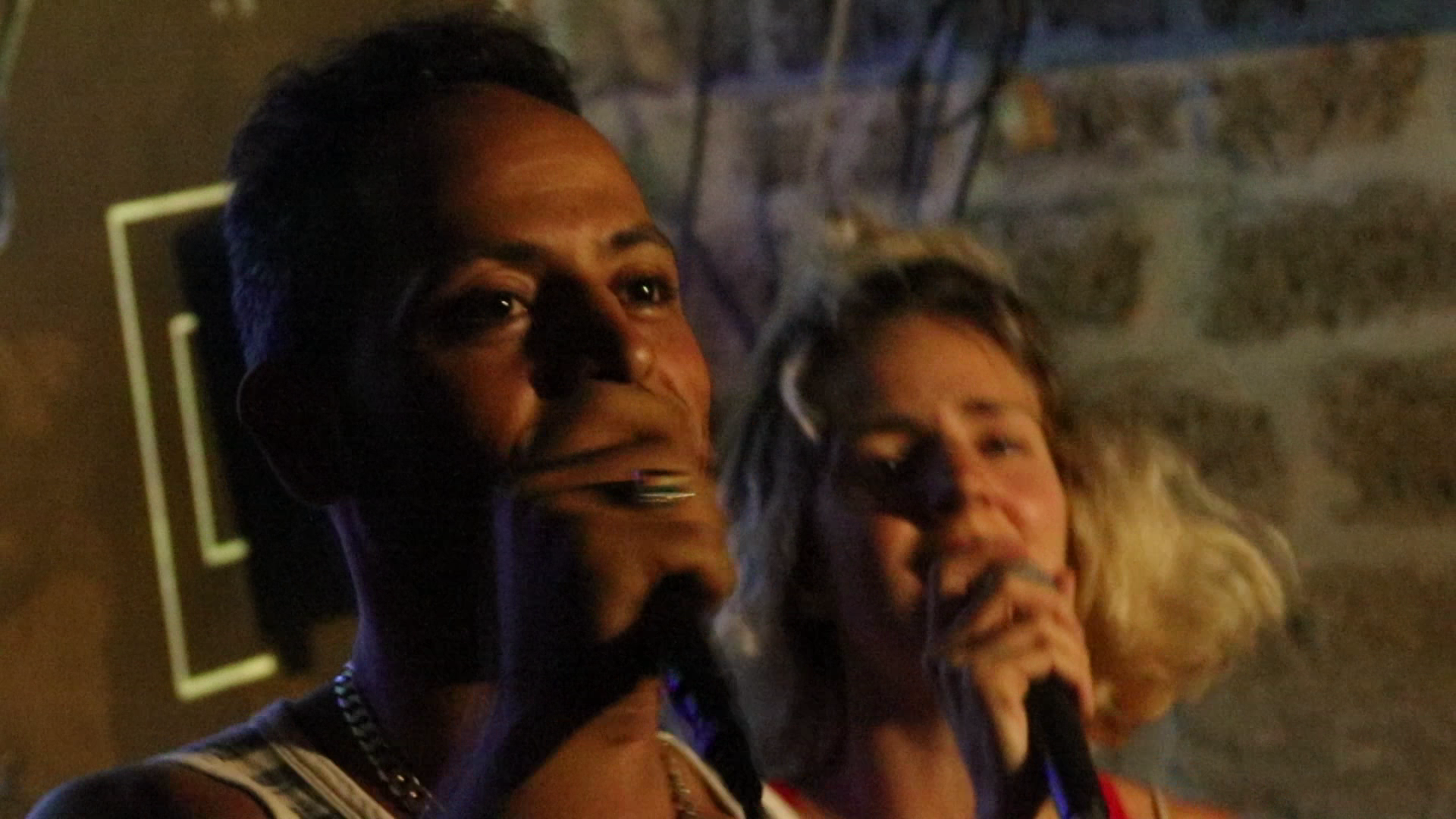
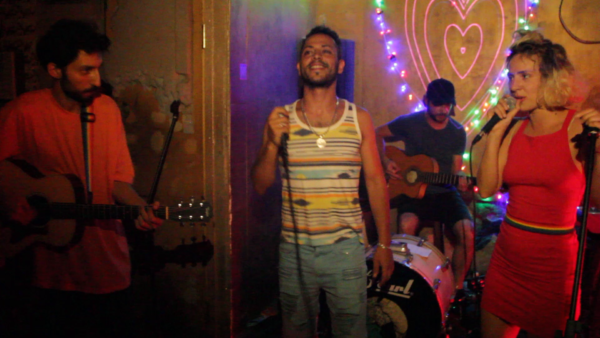
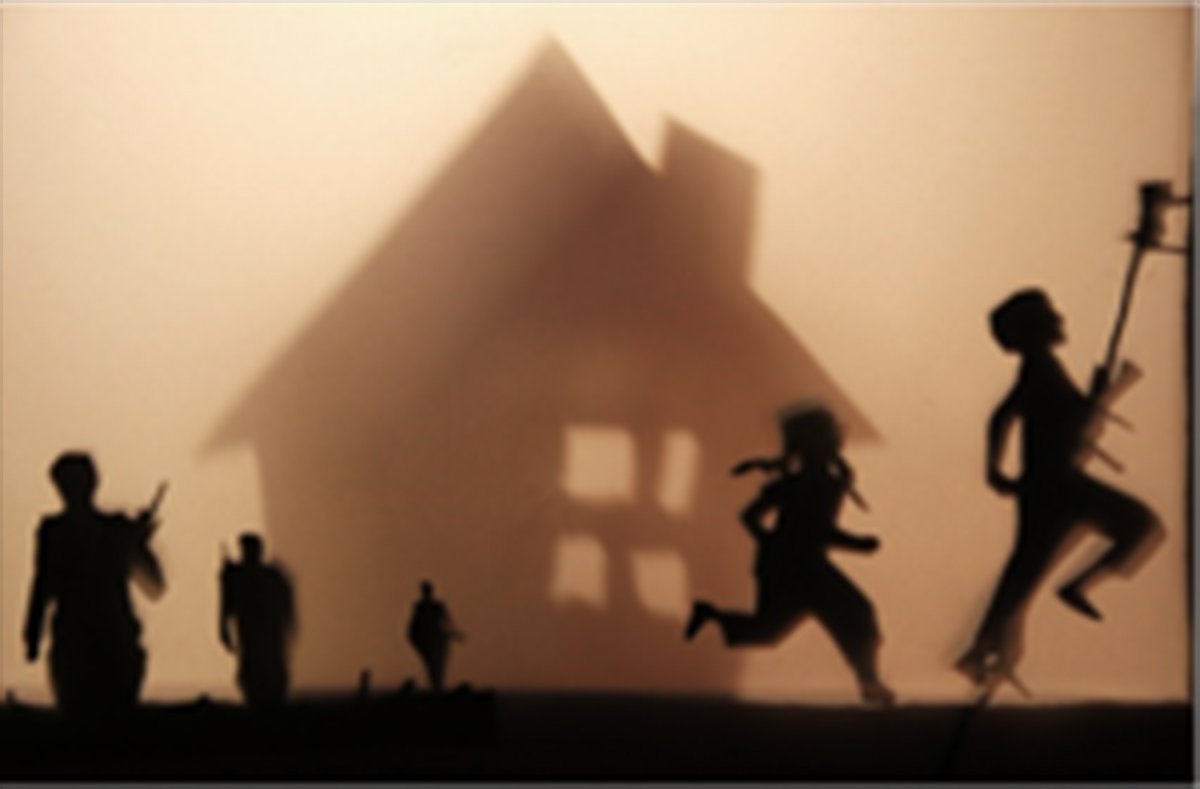

 How does one cope with a past they cannot overcome?
How does one cope with a past they cannot overcome?



